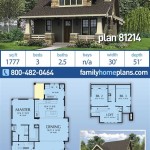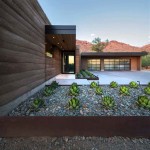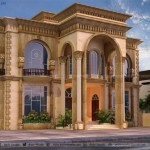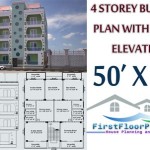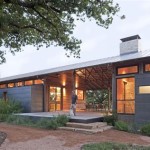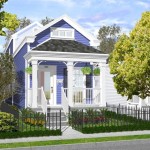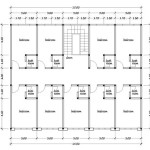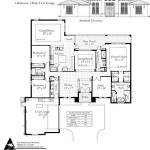Essential Aspects of Wooden Bird House Plans
Wooden bird houses are a wonderful way to provide shelter and nesting sites for our feathered friends. Building one can be a rewarding project for both beginners and experienced woodworkers alike. Here are some essential aspects to consider when planning your wooden bird house.
Size and Shape
The size and shape of your bird house will depend on the species you wish to attract. Small birds like wrens and chickadees prefer smaller houses, while larger birds like bluebirds and woodpeckers need more space. The shape can vary from traditional rectangular houses to more whimsical designs, but it's important to ensure it provides adequate shelter and ventilation.
Entrance Hole
The entrance hole is a crucial feature that determines the birds that can use the house. The diameter should be specific to the target species. For example, wrens prefer a 1-inch hole, while bluebirds prefer a 1.5-inch hole. The hole should be placed at an appropriate height above the floor and should be slightly slanted down to prevent rainwater from entering.
Materials
The choice of materials is essential for the durability and longevity of your bird house. Cedar, redwood, and cypress are excellent options due to their natural resistance to rot and insects. Avoid using pressure-treated wood or wood containing toxic chemicals as these can harm birds.
Drainage and Ventilation
Proper drainage and ventilation are essential to keep the bird house dry and prevent mold growth. Drill small drainage holes in the floor of the house to allow water to escape. Additionally, ensure there are small ventilation holes on the sides or roof to provide airflow and prevent moisture buildup.
Predator Protection
To protect birds from predators like cats and squirrels, incorporate predator guards into your design. A baffle or a slanted perch at the entrance hole can deter animals from reaching in. Additionally, placing the bird house in a high and inaccessible location can minimize the risk of predation.
Cleanability
Bird houses should be regularly cleaned to remove nesting materials and prevent disease. Make sure the house has a removable roof or side panel that allows for easy access for cleaning and maintenance.
Finishing
To enhance the durability and aesthetics of your bird house, consider applying a protective finish. A non-toxic water-based stain or paint can protect the wood from weather damage and fading. However, avoid using glossy finishes as they can reflect sunlight and make the house too hot for birds.
Placement
The placement of your bird house is crucial for its success. Choose a location that is sheltered from prevailing winds and direct sunlight. It should also be placed away from human activity to minimize disturbance. Consider placing it at least 5 feet above the ground and provide a clear flight path to and from the house.
Respecting Nature
Remember that bird houses are intended to provide shelter and nesting sites for birds. Avoid painting or decorating them in ways that might harm birds or attract unwanted attention from predators. Use natural and environmentally friendly materials and designs that complement the surrounding habitat.

Diy Birdhouse Plans Easy Tutorial Kippi At Home
:max_bytes(150000):strip_icc()/birdhouse-bd244c546f454563a8c887babfba0806.jpg?strip=all)
32 Free Diy Birdhouse Plans You Can Build Today

Diy Birdhouse From One Cedar Fence Picket Ana White

Free Birdhouse Plans Diy Homemade Nesting Box Projects Patterns Monograms Designs Templates

Bird House Designs Yard Envy

Birdhouse Plans Easy One Board Diy Project Projects Patterns Monograms Designs Templates

Diy Birdhouse Tutorials Bird House Plans Free Kits

Collection Of Free Simple Easy To Build Birdhouse Plans Bird House Kits
:max_bytes(150000):strip_icc()/spruce-diy-birdhouses-9-5abd00daeb97de003670953d.jpg?strip=all)
15 Diy Birdhouse Plans And Ideas

Build A Birdhouse Easy To Bird House Plans

